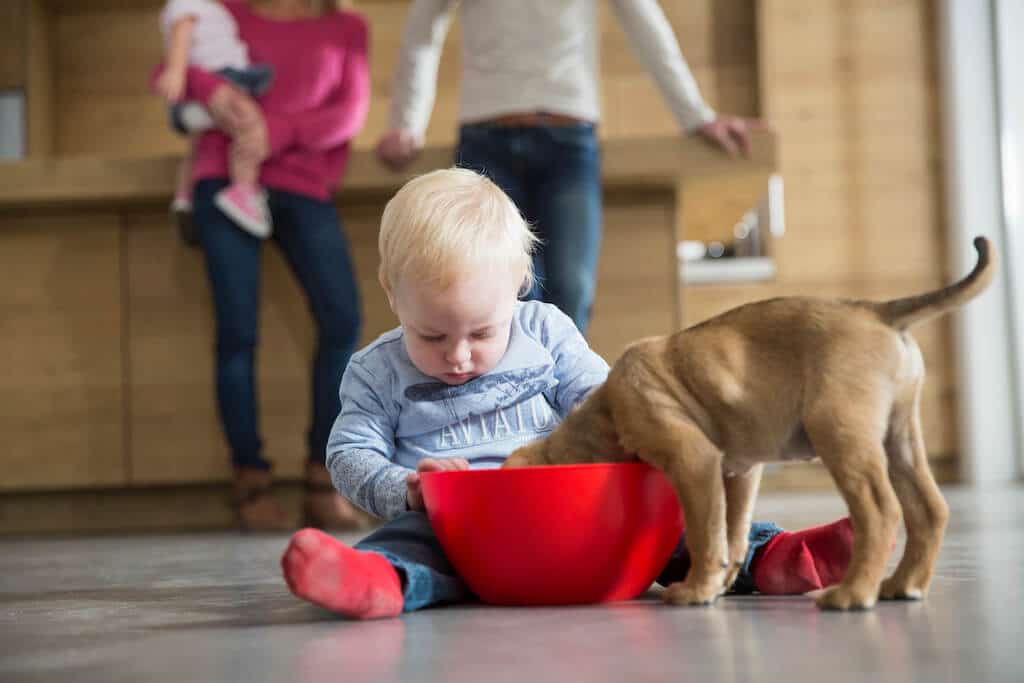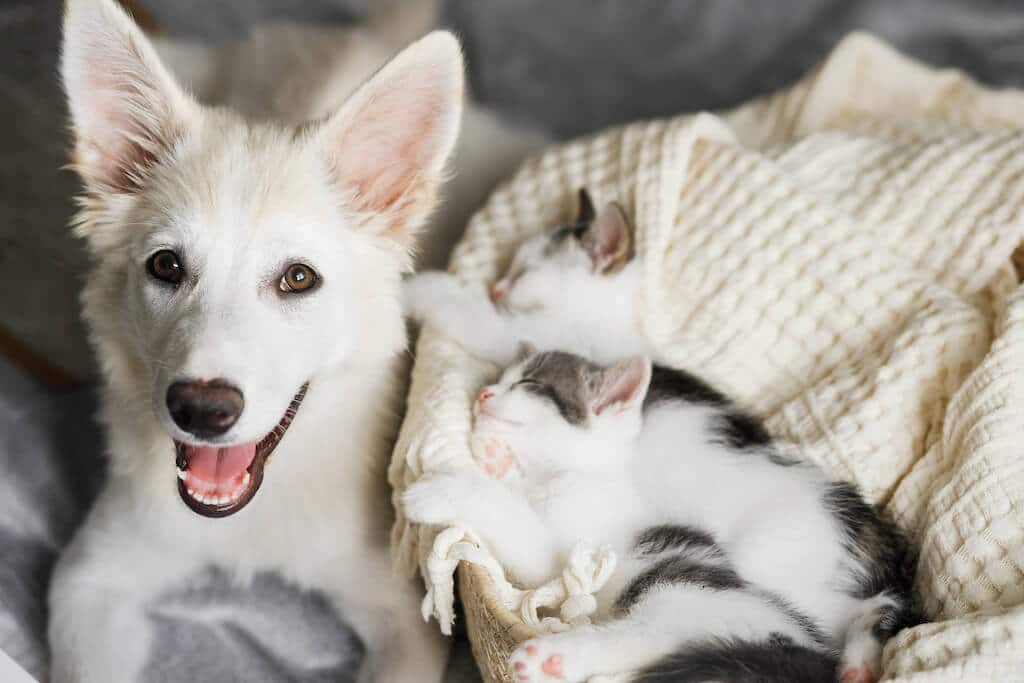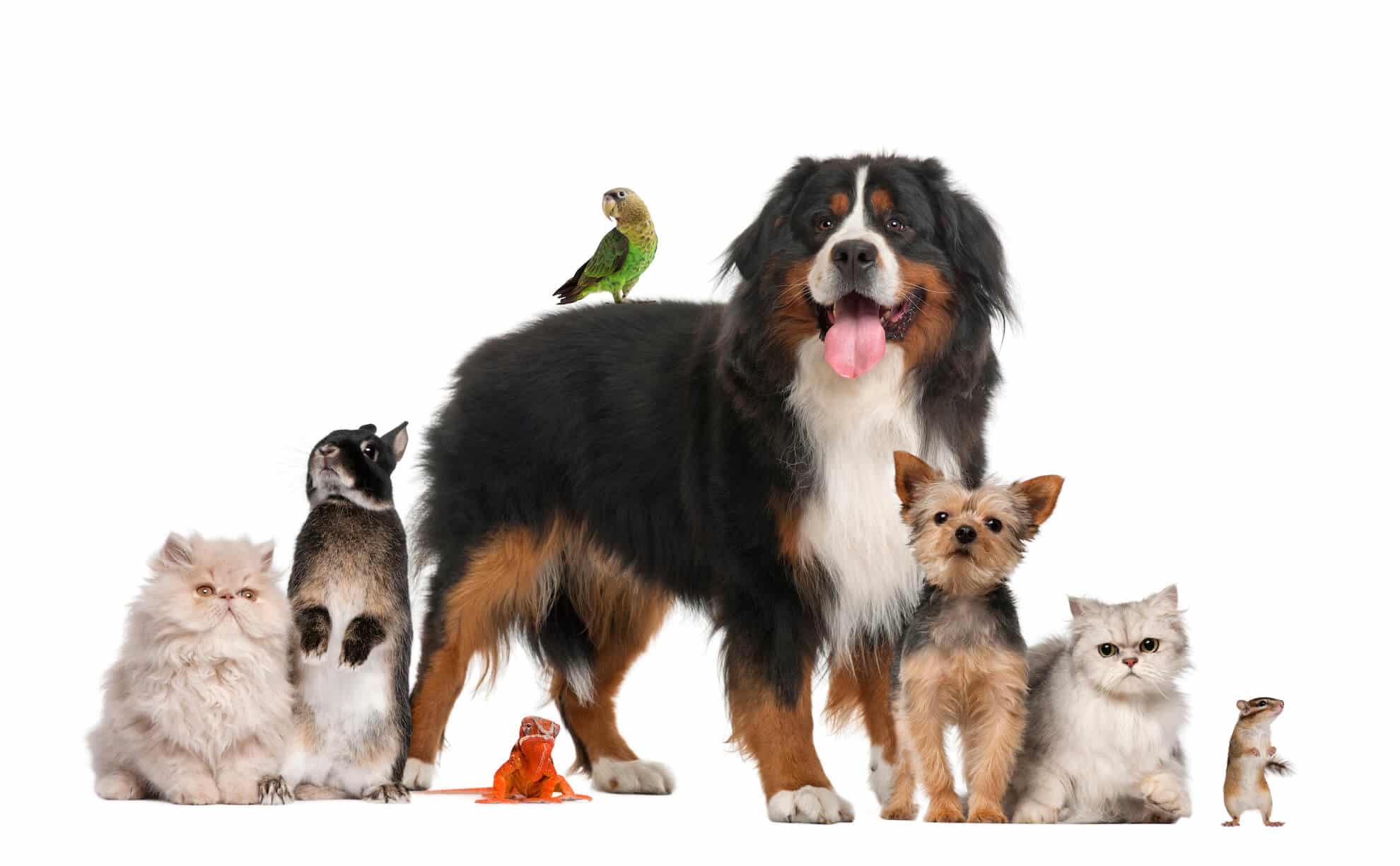How To Ensure A Healthy Puppy Or Kitten After Adoption
You’ve found the puppy or kitten of your dreams! That cute little bundle of fur is going to be the perfect addition to your family. However, bringing home a fuzzy family member also presents its challenges. To make sure your new pet grows up to be healthy and happy, there are a few key things you should do.
Veterinary care
It’s important to get your new pet checked out by a veterinarian as soon as you can. The vet will be able to make sure your pet is healthy and up to date on all necessary vaccinations. They can also advise you on any special care your pet may need, such as a specific diet or medication.
Also, make sure that you keep up with regular vet appointments for your pet throughout its life. This will help keep your pet’s vaccinations current and prevent illnesses from developing later.
Vaccines
Vaccinations are very important to keep your new puppy or kitten healthy. Puppies and kittens need several rounds of vaccines to protect them from diseases like distemper and rabies.
Puppies and kittens receive their first set of vaccines when they’re young. These are usually given around 8 weeks old, depending on the vaccine and the manufacturer’s recommendations. The second set is given around 12 weeks old, again depending on the manufacturer’s recommendations.
Schedule an appointment with your veterinarian after bringing your pet home so the vaccinations can begin as soon as possible.
Basic care
Feeding

Your new puppy or kitten should be eating good quality food from the start. Look for foods that list meat or meat meal as the first ingredient. Avoid products with corn, wheat, or soy as the main ingredients. Transitioning to adult food, puppies and kittens should be on a developmental diet for the first 10-12 months and then transition to an adult diet. This is important because it gives their digestive system time to adjust to a new diet.
Training
Puppies and kittens need training just like kids do! Encourage good behavior by rewarding them with treats when they do something right—such as sitting politely at the door when you come home—and appropriately addressing bad behavior like chewing on furniture until they learn what’s acceptable. Be consistent with your training so they know what’s expected of them in every situation. Trainers can offer the guidance and support you need, as it’s almost more important to train the human how to work with their animals.
Exercise
Puppies and kittens need exercise every day to stay fit and release tension and excess energy. They love playing with toys, going for walks on a leash (if they’re old enough), or romping around in their yard with other dogs/cats who live nearby (but make sure they get lots of breaks too!).
Deworming and parasite prevention
Deworming is a routine part of owning a pet, but it’s especially important when you adopt a puppy or kitten from a shelter or rescue. Shelter pets are often exposed to parasites, and they can pass these on to their new owners. Speak to your vet about the best treatments.
Deworming medications are used to kill intestinal parasites in animals. These parasites cause digestive problems, diarrhea, and vomiting. The frequency of deworming depends on the type of parasite being treated, but dogs are generally dewormed every month and cats every 3 months.
Spay/neuter your pet
To ensure that your pet stays healthy throughout its life, it’s important to spay or neuter them before they reach sexual maturity at about six months old for cats and nine months old for dogs. Spaying or neutering helps prevent unwanted litters as well as decreases the risk of certain cancers in both cats and dogs, including mammary cancer and testicular cancer.
In addition to preventing unwanted pregnancies and decreasing cancer risks, spaying or neutering also helps prevent behavioural problems like aggression and marking territory.
Permanent ID

Get your pet microchipped (and make sure it’s registered). Microchips are tiny devices implanted into dogs and cats that allow owners to find their pets if they’re lost or stolen. They work by emitting radio signals that can be detected by universal scanners that veterinarians use.
Pets are like family—and they deserve to be protected. Make sure your new best friend has a microchip and collar tag so they can be properly identified and returned to you if they go missing.
With proper care and regular vet visits, you can build a foundation for a long, happy, healthy relationship with your pet.


